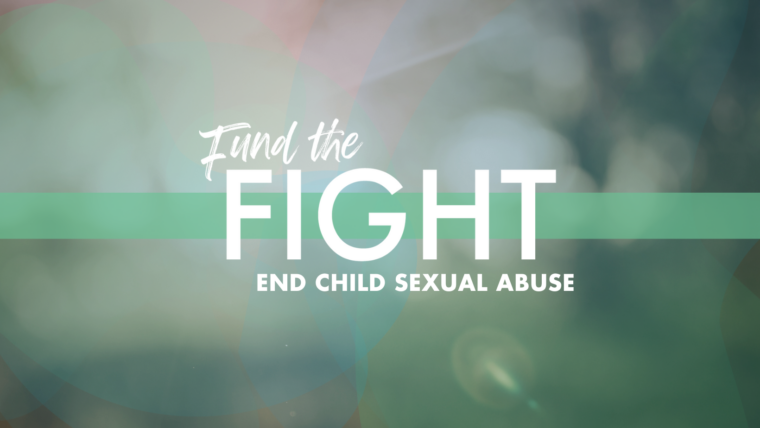Talking openly breaks down barriers and reduces stigma.
When we talk to children in age appropriate ways about our bodies, sex, and boundaries, children understand what healthy relationships look like. It also teaches them that they have the right to say “no.” They become less vulnerable to people who would violate their boundaries, and are more likely to tell you if abuse occurs.
Talking to Kids About Sexual Abuse
- Teach children that it is “against the rules” for adults to act in a sexual way with them, and use examples.
- Teach them what parts of their bodies others should not touch.
- Be sure to mention that the abuser might be an adult friend, family member, or older youth.
- Teach children not to give out personal information while using the Internet, including email addresses, home addresses, and phone numbers.
- Start early and talk often. Use everyday opportunities to talk about sexual abuse.
- Be proactive. If a child seems uncomfortable, or resistant to being with a particular adult, ask why.
Understand why children are afraid to tell.
- The abuser shames the child, points out that the child let it happen, or tells the child that his or her parents will be angry.
- The abuser is often manipulative, and may try to confuse the child about what is right and wrong, or tell them the abuse is a “game.”
- The abuser sometimes threatens to harm the child or a family member.
- Some children who do not initially disclose abuse are ashamed to tell when it happens again.
- Children are afraid of disappointing their parents and disrupting the family.
- Children often love the abuser, and don’t want to get anyone in trouble or end the relationship.
- Some children are too young to understand.
Understand how children communicate.
- Children who disclose sexual abuse often tell a trusted adult other than a parent. For this reason, training for people who work with children is especially important.
- Children may tell portions of what happened or pretend it happened to someone else to gauge adult reaction.
- Children will often “shut down” and refuse to tell more if you respond emotionally or negatively.
WHAT ELSE CAN I DO?
Talk to other adults about sexual abuse.
- Support and mutual learning occur when you share with another adult.
- You raise the consciousness of your community and influence their choices about child safety.
- You may be offering support and information to an adult whose child is experiencing abuse, and may not know what to do.
- You put potential abusers on notice that you are paying attention.


